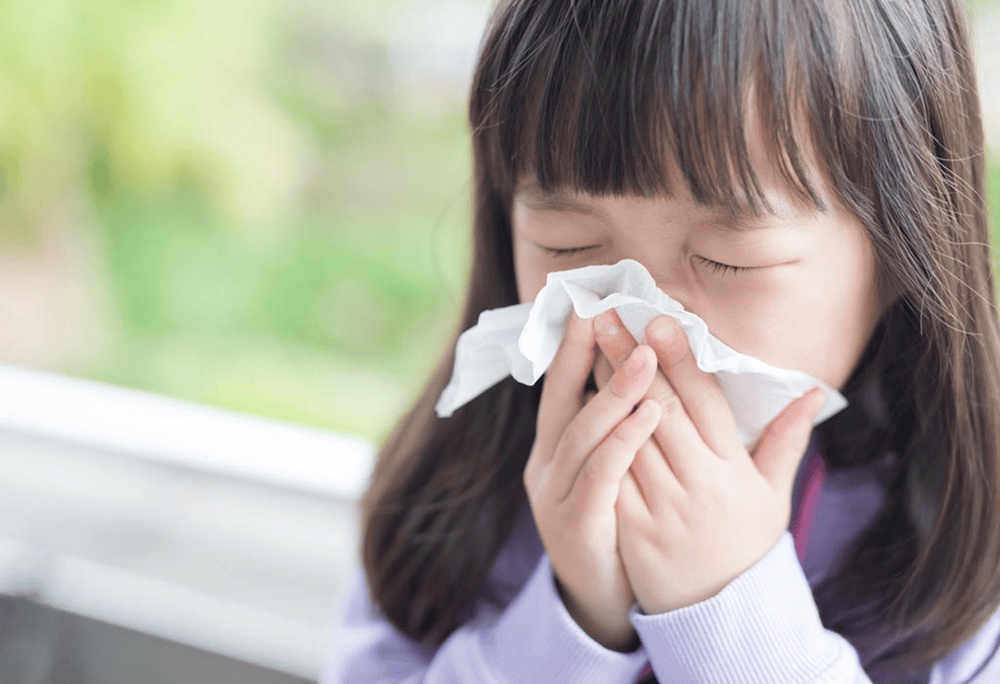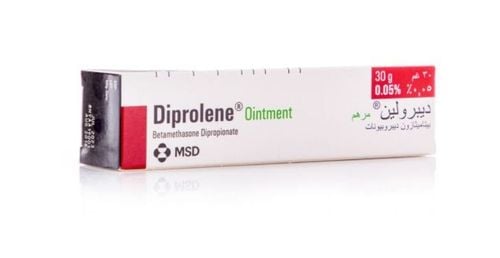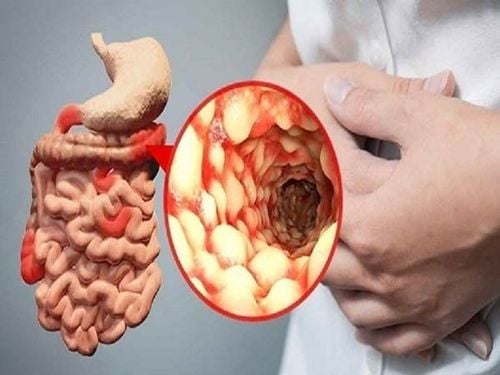This is an automatically translated article.
The article was professionally consulted by Dr. Nguyen Van Dinh - Head of Respiratory - Asthma - Allergy - Clinical Immunology Unit, Vinmec Times City International Hospital.Allergies are a condition involving the immune system. Many people confuse allergies with a cold because the symptoms are quite similar.
1. What are allergies in children?
Allergies are the immune system's response to "foreign" agents that come into contact with the body. Allergic reactions can affect many different organs, causing conditions such as:
Anaphylaxis Urticaria, angioedema Asthma Allergic rhinitis, allergic conjunctivitis Allergic contact dermatitis Food allergy Allergy to insect venom Drug allergy .
2. Causes of allergies
Children develop allergies when exposed to allergens. Substances can enter the body by many different ways such as inhalation, ingestion, injection, injection (insect sting/sting or drug injection) or skin contact. Some common allergens:
Pollen from trees, plants, weeds. Indoor and outdoor mold. House dust or house mites (not visible to the naked eye) in bedding, carpets and other fabric items. Fur or dead skin of animals such as cats, dogs, horses and rabbits. Certain medicines and foods. Venom from insect stings/bites. Allergies are often hereditary. If a parent has an allergy, their child is more likely to have an allergy as well. This risk increases when both parents have allergies.

3. How to distinguish allergy symptoms from cold symptoms?
3.1 Symptoms of allergies affecting the nose
Symptoms in the nose due to allergies are quite similar to colds: runny nose, stuffy nose, sneezing, but in allergic rhinitis, there is a lot of itching in the nose that may be accompanied by loss of taste. Symptoms of allergic rhinitis often recur many times, similar to each new exposure to allergens such as house dust, dog and cat hair, damp places, etc. Symptoms of allergic rhinitis are often prolonged. days, weeks, seasonal (related to pollen season) or year-round (related to allergens such as house bugs, molds) And systemic symptoms of allergic rhinitis such as: fatigue, Lack of sleep, decreased concentration often persist when the disease is not treated stably.
3.2 Symptoms of a cold
Stuffy nose. Nasal discharge that is clear or colored and thick, usually lasting 3 to 10 days, with or without fever, is common at certain times of the year, such as flu season. Occasional sneezing Other cold symptoms: nausea, fatigue, lethargy and loss of appetite.
4. How to prevent allergies for children?
The best way is to identify and avoid things to which your baby is allergic. If your child has allergies, try the following:
Keep windows closed during pollen season, especially on windy, dry days – that's when pollen is most abundant. Keep your home clean and dry to reduce mold and termites. Avoid pets and house plants. Avoid things that you know will cause an allergic reaction in your baby. Do not let anyone smoke near your child, especially in the house and in the car. Take your child to see a specialist doctor to find the cause of the child's allergy, have a treatment plan and prevent the cause of the allergy.
Please dial HOTLINE for more information or register for an appointment HERE. Download MyVinmec app to make appointments faster and to manage your bookings easily.














